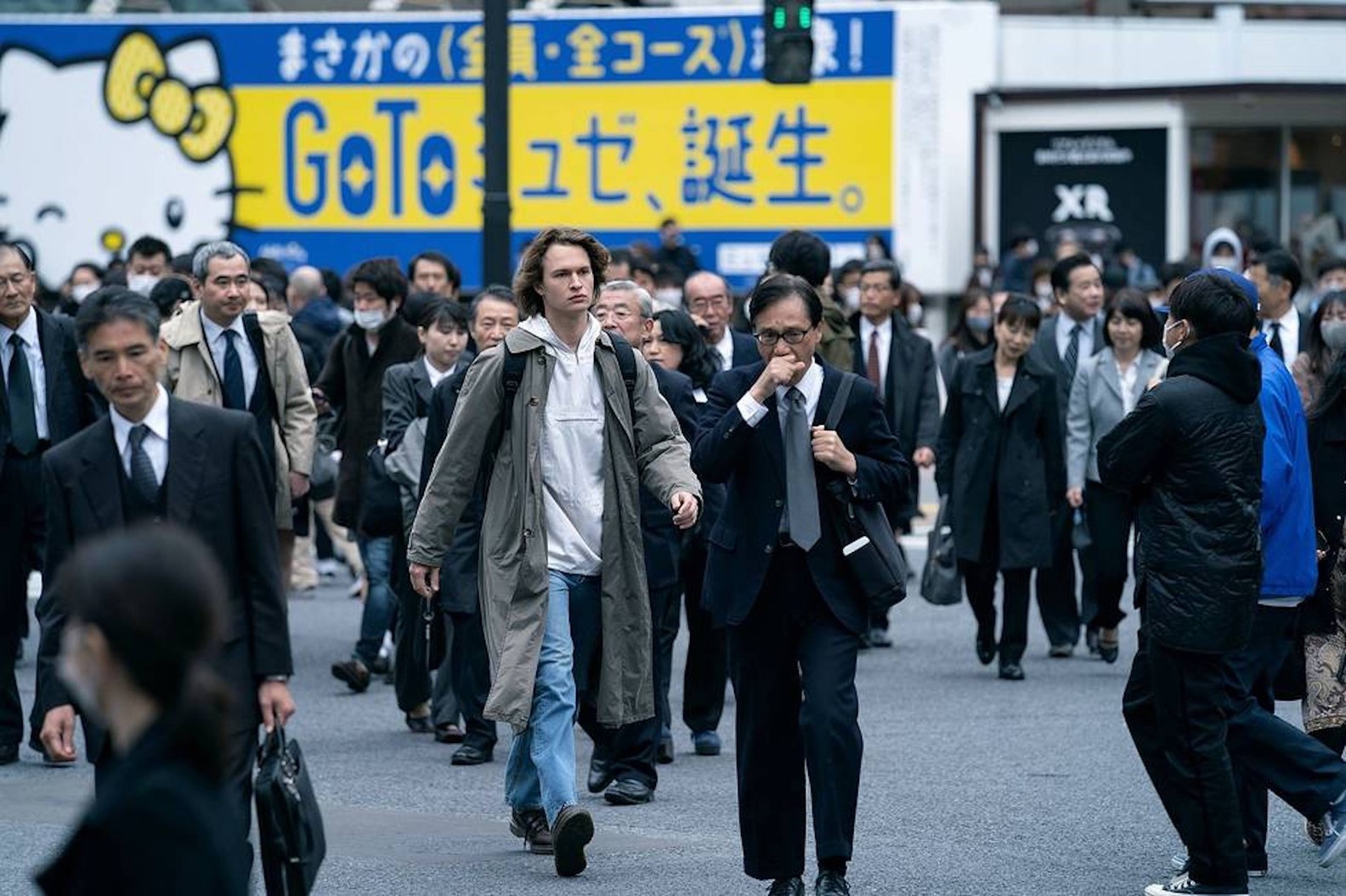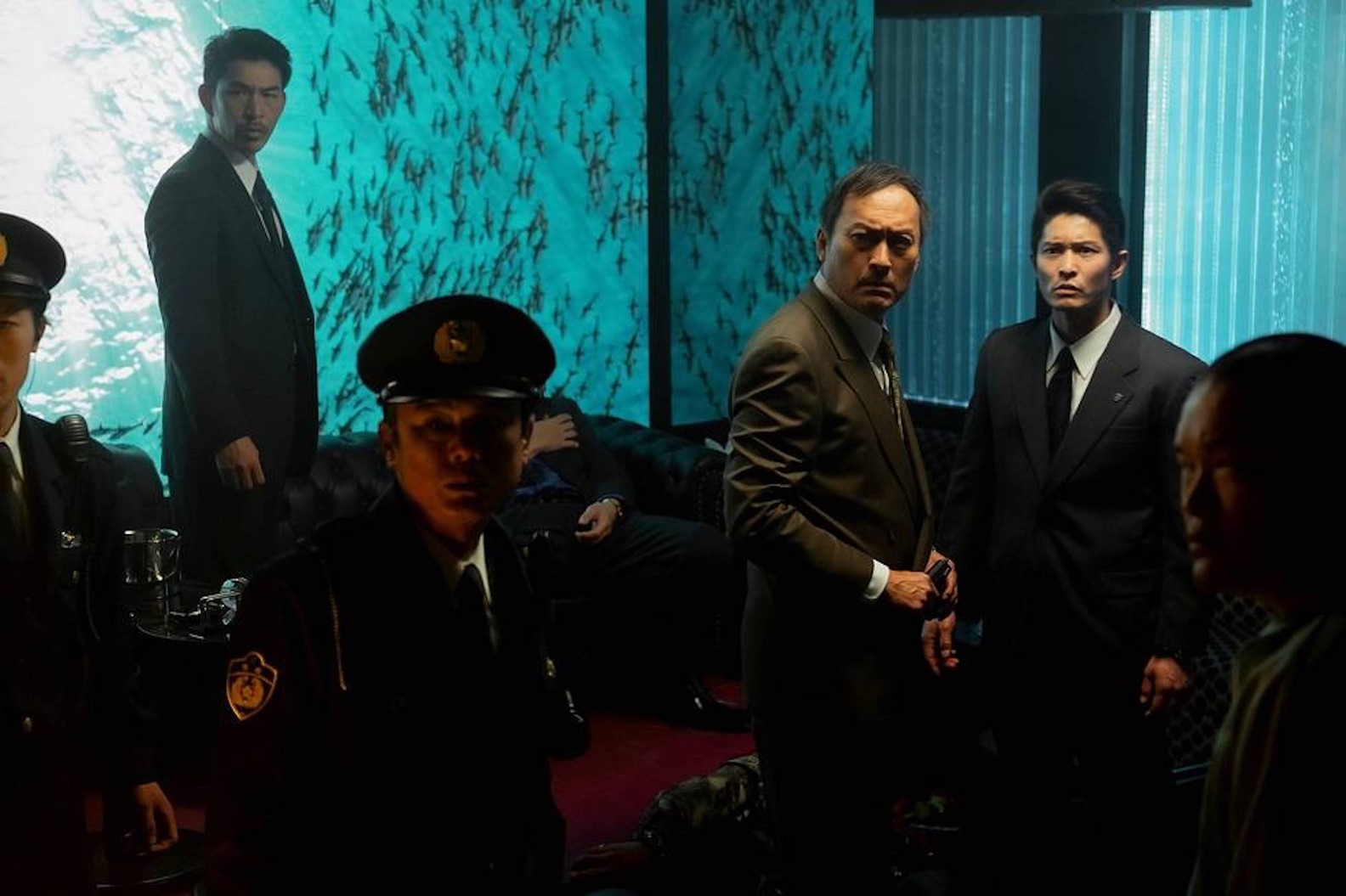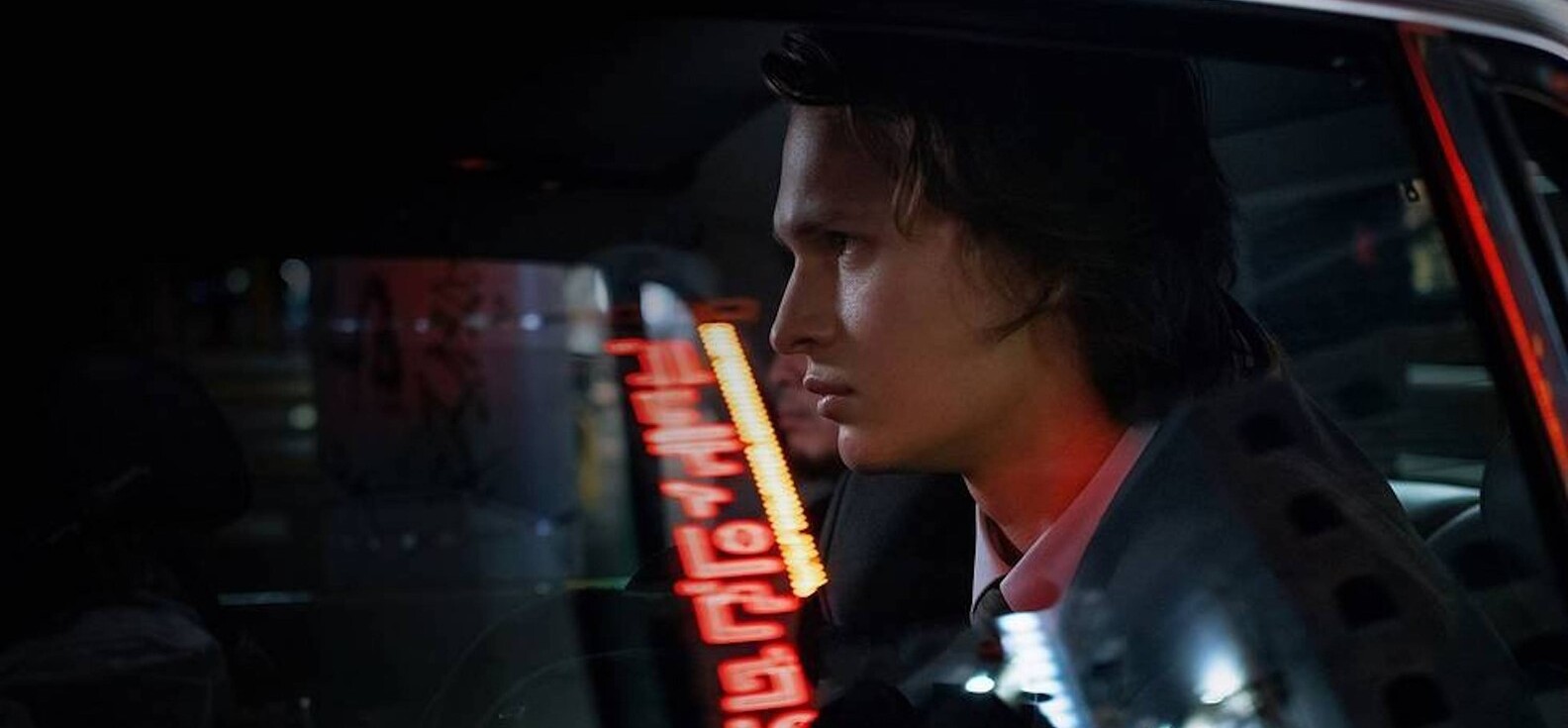Created by J.T. Rogers and co-executive-produced by Michael Mann (‘Heat’), ‘Tokyo Vice’ is a crime-drama series that revolves around Jake Adelstein (Ansel Elgort), an American expatriate from Missouri who comes to the Japanese capital to make a name for himself as a journalist. Jake’s father is a coroner, and his interest in investigative journalism stems from accompanying his father to work. Despite botching an entrance exam due to inattentiveness, Jake lands a job at the Meicho Shimbun, a leading Japanese-language newspaper with 12 million circulation a day.
Jake initially struggles to fit into the hectic Japanese work culture, not expecting it to be there at a newspaper of all places. However, he draws the attention of both the Police and the yakuza, with a police detective named Hiroto Katagiri (Ken Watanabe) taking him under his wing. ‘Tokyo Vice’ is a dark and gripping tale of the criminal underbelly of Tokyo, which most of these characters — journalists, police officers, yakuza members, and sex workers — inhabit. If this has made you wonder whether ‘Tokyo Vice’ is inspired by actual events, here is what you need to know.
Is Tokyo Vice a True Story?
Yes, ‘Tokyo Vice’ is primarily based on a true story. However, the truth has been heavily dramatized and fictionalized during the adaptation process. The series is the adaptation of the real-life Jake Adelstein’s 2009 memoir ‘Tokyo Vice: An American Reporter on the Police Beat in Japan.’ Initially, the book was supposed to be made into a film. Adelstein and Rogers transformed the former’s book into a story fit for the big screen, and Rogers then developed the screenplay. Daniel Radcliffe was even reportedly cast to portray Adelstein, while Anthony Mandler was set to direct.

Production for the film was meant to begin in 2014 in Tokyo, but it never did. In 2019, production company Endeavor Content began developing the project as a series. Mann came on board to direct the pilot episode and serve as an executive producer. Mann’s involvement provides ‘Tokyo Vice’ with somewhat of a connection with his 1980s TV series, ‘Miami Vice,’ and its 2006 cinematic adaptation. This is reportedly the first time Mann visited Japan for work. “My admiration of Japanese aesthetics is such that it’s difficult for me to walk 100 meters down the road there,” he told The New York Times.
The ‘Collateral’ director further added, “I will become captivated by the design on the cover of a manhole. Then take another three steps and stop to admire the intricate masonry of a curb. So I am hopeless in Tokyo.” While preparing for his character, Elgort consulted James Queally, a Los Angeles Times reporter who covers crime and policing in Southern California. Mann also got him to write an article on a real police report.
The Meicho Shimbun, the newspaper Jake works for in the show, is fictional. The real-life Jake Adelstein was employed at the Yomiuri Shimbun, reportedly the largest newspaper in the world in terms of circulation, for 12 years. The show’s time frame also doesn’t match that of the experiences of the real Edelstein, who worked at Yomiuri from 1993 to 2005. However, in the show, Jake begins working at Meicho in 1999. But the show correctly depicts that he was the first foreign reporter at his workplace.

Hiroto Katagiri is based on Adelstein’s real-life mentor, Chiaki Sekiguchi of the Saitama Police Department, who reportedly passed away in the late 2000s. Watanabe spoke to Adelstein about the police officer who was a father figure to him to know more about the character he is portraying in the show. “Apparently he was a mild-mannered and sweet man, but when he dealt with the yakuza, his brutal side came out,” Watanabe said to The New York Times. “I tried to capture that duality.”
Adelstein is a prominent specialist on the yakuza and the criminal underworld of Japan and has extensively published articles on various aspects of crime both within and outside Japan. In 2008, about three years after leaving Yomiuri, Adelstein wrote an exposé in The Washington Post about Tadamasa Goto, a leading yakuza figure. In it, he mentioned that the FBI had made a deal with Goto to let him enter the US for a liver transplant, which he was supposed to get at the University of California Los Angeles (UCLA).
Team building exercises at TeamLab. pic.twitter.com/YRnTvkBFFD
— Jake Adelstein/中本哲史 (@jakeadelstein) March 3, 2022
Although Rogers apparently stated that there is no character in the show directly based on Goto, Tozawa (Ayumi Tanida), the head of the Tozawa family, does share a certain resemblance with the former yakuza boss. Ultimately, as Rogers — a childhood friend of Adelstein — maintains, ‘Tokyo Vice’ is a work of fiction based on a true story. “‘Tokyo Vice’ is not a biography, nor documentary,” he said to The New York Times. “It’s inspired by real events, but it’s fiction.”
Read More: Where is Tokyo Vice Filmed?


You must be logged in to post a comment.